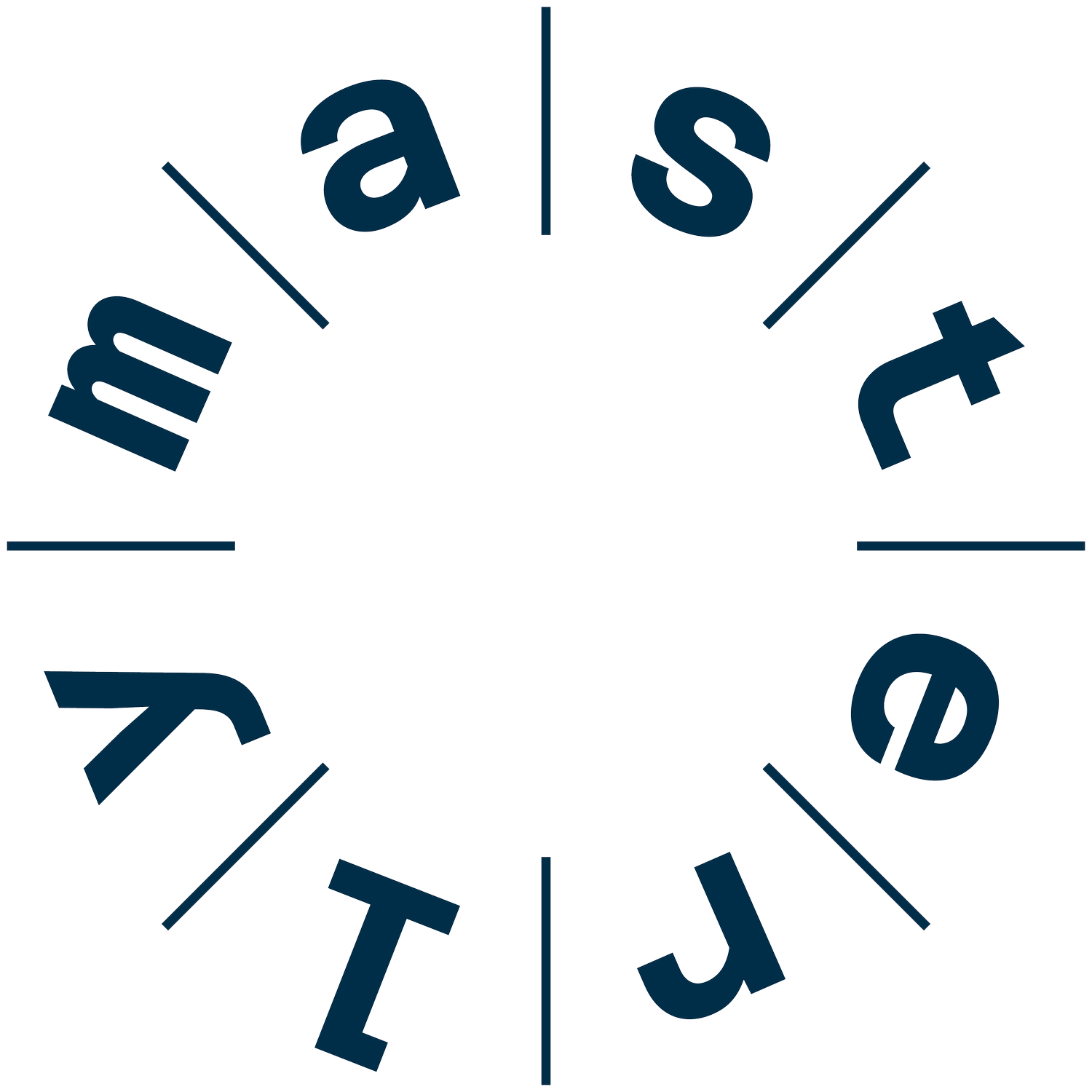Benefits of Coaching
If you are considering getting a coach you are probably wondering what you will gain. It can be difficult to understand the value of coaching if you have never done anything like it before. Coaching is not counselling, and it is not training, it is not mentoring and it is not therapy. For more on what coaching is see our blog - common misconceptions about coaching.
Below I have identified some of the key benefits that you can expect to gain from a coaching engagement.
Setting and Reaching Goals
With a coach, you will have someone who will help you set goals in your life and hold you accountable to attain those goals. The coach helps you to bring structure and consider what you really want to achieve in your life. These goals should reflect the values that you hold and not only ensure you are achieving success but that you are living a balanced and meaningful life - whatever that means to you.
Self-Awareness
One of the main objectives of any coaching engagement should be that it increases your own self-awareness. Often one or many parts of ourselves are hidden from our awareness, and we, therefore, struggle to make changes because we fail to see the need to make the change or we fail to understand what we need to change in ourselves that will make a difference.
These are some areas of awareness we help to build with coaching clients:
Behaviours - what behaviours do you regularly do that serve you and don't serve you? Do you say one thing and do another, creating inconsistency within yourself and for those around you? Bringing awareness to the things that you are doing wrong in your work, life and relationships are critical if you want to change.
Impact - you may be aware of your own behaviours but fail to identify the impact of those behaviours on the people around you or on the situation. Maybe you are closed off to how you silence people with your over-assertiveness or cannot see the impact your temper has on your colleagues and family. Acknowledging the impact you are really having is an important part of coaching and can help give the impetus for change.
Thoughts and Feelings - this is what we call the internal world and is where we spend a lot of time during coaching. The internal world drives the external world and by becoming more familiar with your own shifting thoughts and emotions you can gain better self-control and self-management - the core components of emotional intelligence.
Values and Beliefs - driving everything you do at a core level is your values and beliefs. For real, lasting behaviour change you need to bring your awareness to how your values and beliefs shape your world. Values are the core, unchanging principles that you hold about life. Knowing them and living by them is essential for your own happiness and fulfilment. Beliefs are the rules and generalisations that you hold about the world. They can help you to make sense of the world by simplifying complexity based on your past experiences. They can however hold you back as you place expectations and limitations on yourself that does not really exist. As part of your coaching journey, you should be working to shift limiting beliefs that you hold about yourself, others and the world to enable you to make significant breakthroughs in work, relationships and your entire life.
Candid Feedback
Your coach is not there to give you their advice or opinion on your plans and decisions. But they will give you feedback on what they have noticed during coaching. This could be noticing and feeding back the impact you have on them, important information for you to use to improve the other relationships in your life. It could be the coach providing feedback on inconsistencies in your commitments and actions or when you act against your values. In this way the coach acts as a mirror, reflecting back to you what they see, with no flattering filters applied!
Decision Making
Your coach will help you through tough decisions that you need to make. They will provide a structure for you to think, analyse, reflect, and understand more fully the situation and what you want to achieve. This is different to talking decisions through with your colleagues, manager, or your other half where that person usually has some vested interest in the decision and may be trying to influence you one way or another. The coach has no vested interest in the decision you come to, they are simply there to help you connect with your true feelings and identify the key facts involved to ensure you make the best decision possible.
Improved Performance and Relationships
Your coach will help you raise your performance at work which will help you to reach the next level in your career. This could include helping you to identify areas of required development, forging out a desired career path or looking at day-to-day productivity gains that you could make. With your coach, you can also explore the key relationships in your life and see how you can improve them, whether personal or professional. An important part of this is increasing your own self-awareness, and then planning strategies of change to make improvements in these critical areas.
Remember the coaching journey is led by you. Be clear with your coach about what you want to achieve and bring topics for discussion that you are unable to tackle alone or with a colleague/partner. Be prepared to explore new areas and get outside of your comfort zone!

